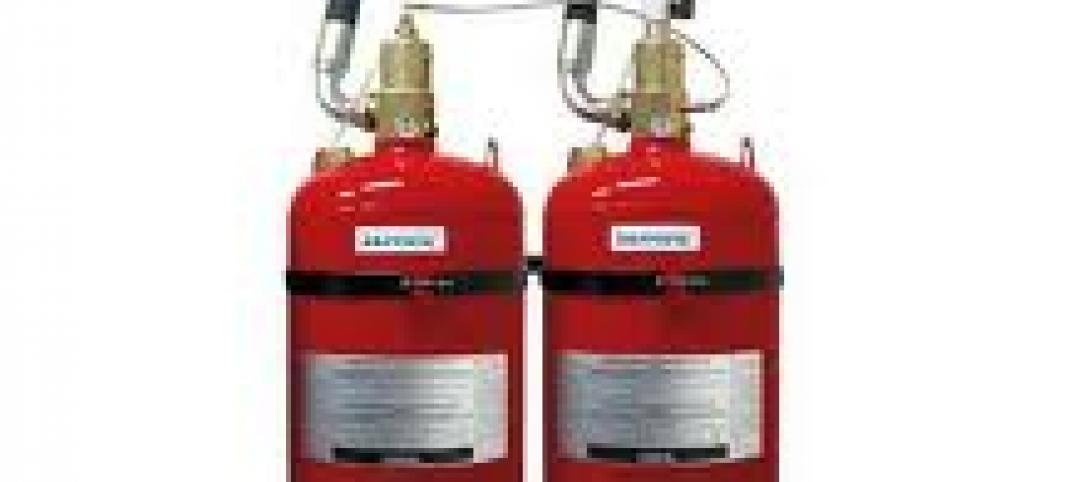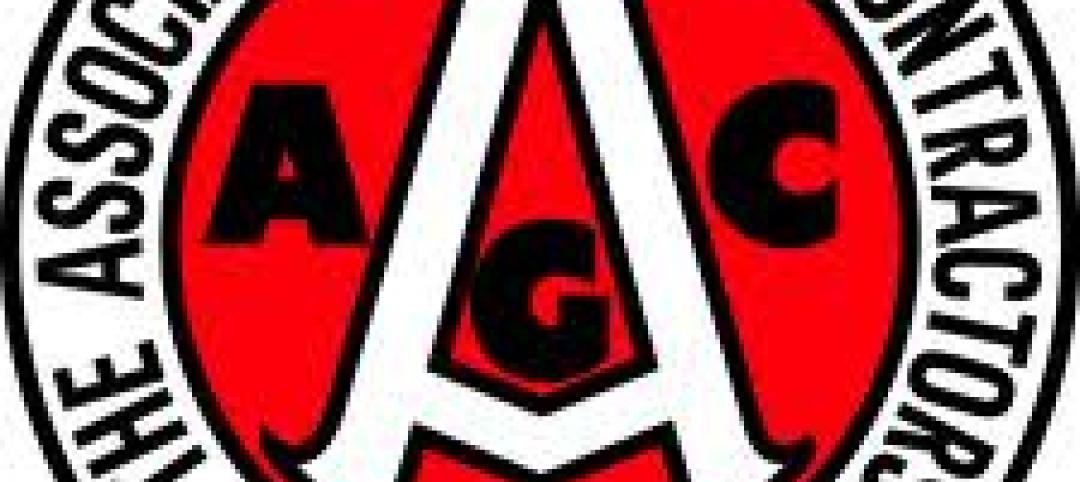The Occupational Safety and Health Administration (OSHA) has cited more than 200 employers for coronavirus-related violations, with penalties totaling nearly $3 million.
OSHA also issued advice to employers about lessons learned based on the most common violations it has found so far during the pandemic. Employers have most frequently failed to follow requirements that deal with respiratory protection, personal protective equipment (PPE), and record-keeping and reporting obligations.
Among these requirements are:
· Provide a medical evaluation before a worker is fit-tested or uses a respirator
· Perform appropriate fit test for workers using tight-fitting respirators
· Assess the workplace to determine if COVID-19 hazards are present or likely to be present
· Establish, implement, and update a written respiratory protection program with required worksite-specific procedures
· Provide an appropriate respirator and/or other PPE to each worker when necessary to protect the health of employees (ensuring the respirator and/or PPE used is the correct type and size)
· Train workers to safely use respirators and/or other PPE in the workplace, and retrain workers about changes in the workplace that might make previous training obsolete
· Store respirators and other PPE properly in a way to protect them from damage, contamination, and, where applicable, deformation of the face piece and exhalation valve
Related Stories
| May 10, 2012
Chapter 6 Energy Codes + Reconstructed Buildings: 2012 and Beyond
Our experts analyze the next generation of energy and green building codes and how they impact reconstruction.
| May 10, 2012
Resilience should be considered a sustainability factor
Since a sustainable building is one you don't have to rebuild, some building sustainability experts believe adding points for "resilience" to storms and earthquakes to the LEED sustainability rating tool makes sense.
| May 10, 2012
University of Michigan research project pushes envelope on green design
A research project underway at the University of Michigan will test the potential of intelligent building envelopes that are capable of monitoring weather, daylight, and occupant use to manage heating, cooling, and lighting.
| May 10, 2012
Fire suppression agents go greener
Environmental sensitivity is helping to drive adoption of new fire suppression agents.
| May 10, 2012
Industry groups urge Congress to leave contracting decisions to agencies
An organization of several industry groups urged Congress to leave many contracting decisions to the discretion of individual agencies by avoiding blanket mandates.
| May 10, 2012
OSHA proposes new rule to have employers find and fix hazards
The Occupational Safety and Health Administration has proposed a new regulation, Injury and Illness Prevention Program, or I2P2, which would compel employers to find and fix safety hazards.
| May 3, 2012
Stay current on green codes at AGC Environmental Conference
Keep abreast of market trends such as 2012 changes to green standards and codes at the AGC Contractors Environmental Conference, June 7-8, 2012 in Arlington, Va.
| May 3, 2012
OSHA reduces fines in Cincinnati casino collapse
The Occupational Safety and Health Administration has reduced the number of violations from four to two against four firms it cited earlier this month in the collapse of a casino under construction in Cincinnati.
| May 3, 2012
New York City implements controversial crane licensing requirements
New York City officials announced strict new licensing and testing requirements for all crane operators in New York City to raise safety standards.
















